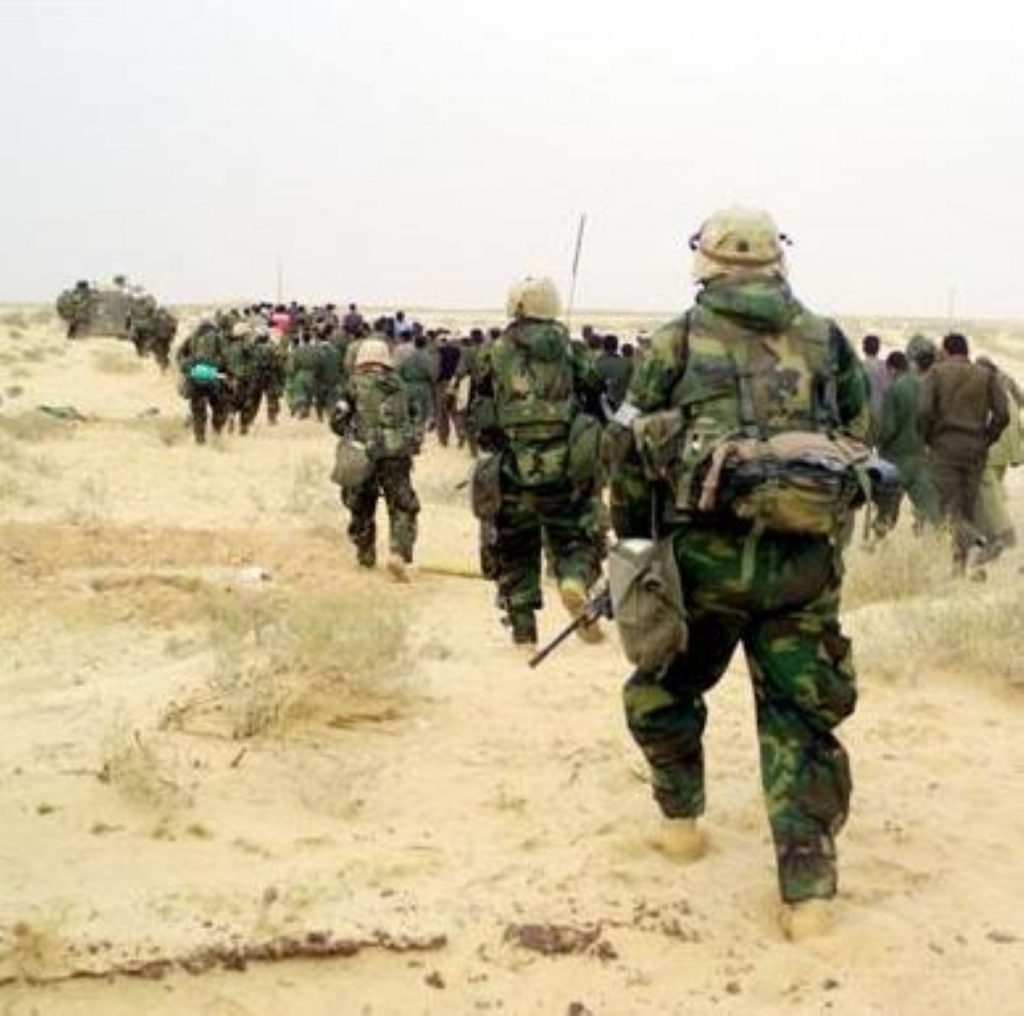Families in Iraq inquiry appeal
There has been a fresh attempt to establish an independent public inquiry into the government’s decision to go to war in Iraq.
Today, the families of four British soldiers killed in the conflict are set to head to the High Court to appeal against the ruling that the group did not have a case for a full judicial review on the matter.
The new appeal comes just days after the government survived a vote in the House of Commons for an independent parliamentary review into the conduct of the war and its aftermath.
Relatives of the dead soldiers were given leave to appeal against the court’s decision, made in December, that no inquiry would take place. However, they were warned they faced “formidable hurdles” in establishing the legal case for an inquiry.


The families’ say the government’s decision to go to war in Iraq breached Article 2 of the European Convention on Human Rights – the “right to life”.
Peter Brierley, father of lance corporal Shaun Brierley; Beverley Clarke, mother of trooper David Jeffrey Clarke; Rose Gentle, mother of fusilier Gordon Gentle; and Susan Smith, mother of private Phillip Hewett are launching the action.
They are also calling for an explanation of why 13 pages of advice from the attorney general given on March 7th 2003 were changed to a single page stating an invasion would be legal by March 17th.
Mr Brierley said there was an “overwhelming public desire” for an inquiry into the conflict.
“After the failure of parliament to consider even a limited investigation we hope that the legal system will address this legitimate public interest,” he added.
Last week MPs voted 298 to 273 to reject a call by Plaid Cymru and the Scottish National Party (SNP) for a parliamentary investigation into the way the government handled the war.
Foreign secretary Margaret Beckett said it was “not the time” for an inquiry, as this could send a dangerous signal to insurgents that the UK did not have the determination to stick it out in Iraq.
But she implied that the government would launch an inquiry in the future, saying it was “perfectly legitimate to say a time will come when these issues will be explored in the round”, but refused to confirm when this would be.

